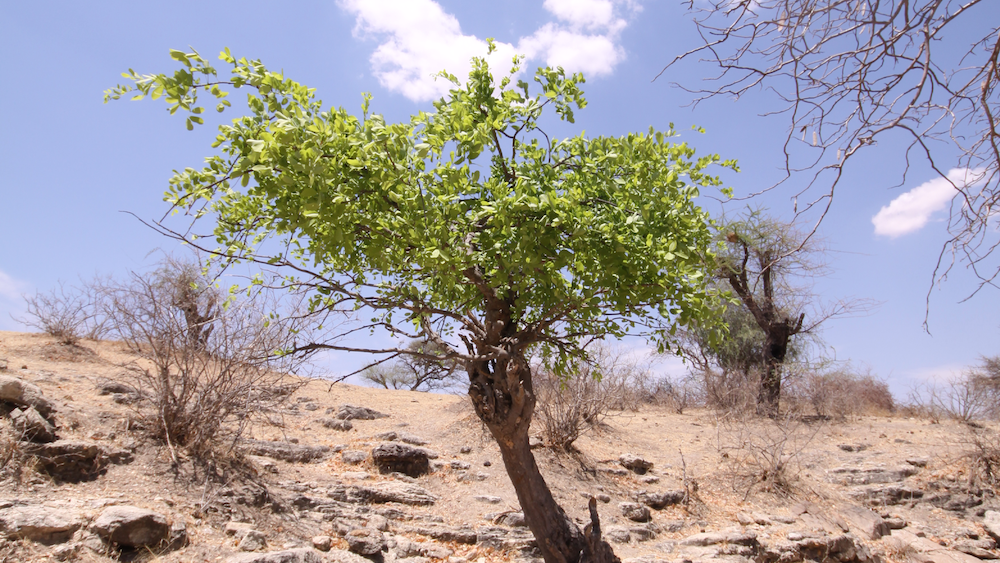The Earth's regolith (soils and weathered rocks) is highly sensitive to the interactions of a changing atmospheric composition and the terrestrial biosphere. By studying ancient regoliths (paleo-regoliths) we can follow the evolution of terrestrial life, from the earliest bacterial lifeforms (~3.48 Gya), through the oxygenation of our atmosphere by cyanobacteria (~2.4 Gya), the shift from mostly single-cellular organisms and simple ecosystem to complex animals and advanced plant life during the Cambrian explosion (~540 Mya), and the afforestation of the continents from Middle Devonian (~390 Mya). Paleo-regoliths have also recorded some of the most devastating events that have affected life through Earth's history, such as the Permian-Triassic (~250 Mya) and the Cretaceous – Paleogene extinctions (~66 Mya).
Severe climatic shifts can result in abrupt changes in chemical rock weathering patterns, as is seen during the last great global warming episode during the Paleocene-Eocene Thermal maximum (55.9 Mya).
Lars Riber works at the Department of Geosciences. His research is focused on understanding the processes responsible for the variability in composition and fluid flow properties observed in altered crystalline rocks.
___________________________
About once a month, researchers at the Department of Geosciences, UiO will tell about their research and introduce the geociences to a wide audience, from first-year undergraduates, colleagues to interested in general. It is possible to ask questions after the lectures.
Coffee/tea are served. Everyone is welcome!
The lectures are streamed at Realfagsbiblioteket YouTube-channel.
